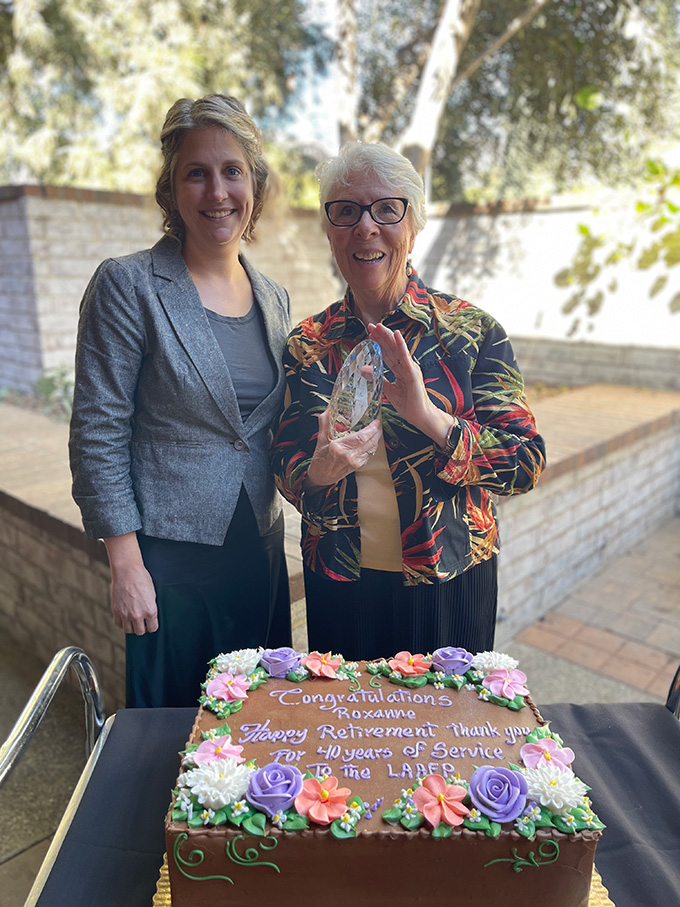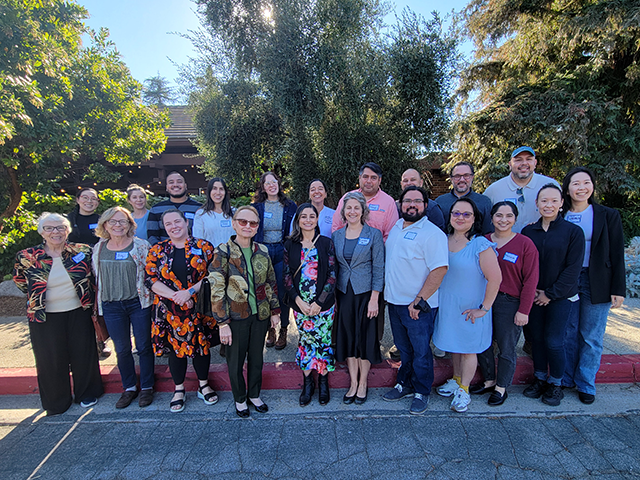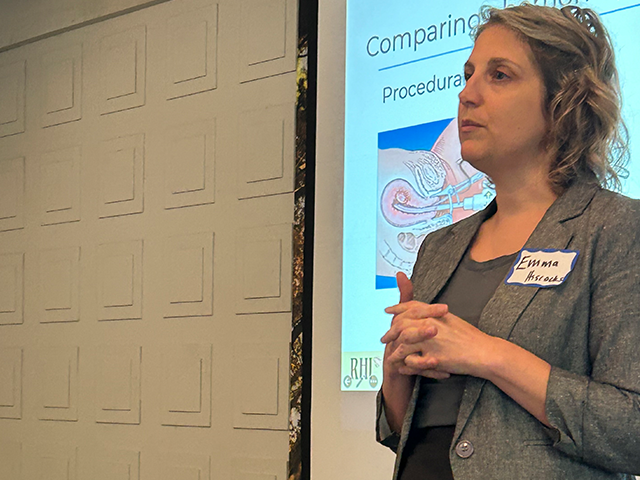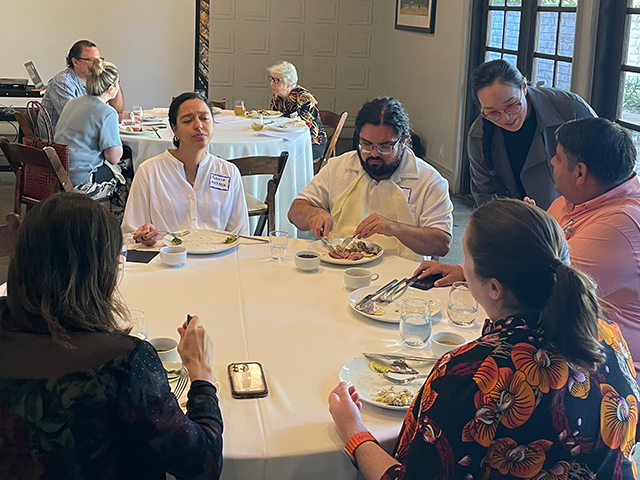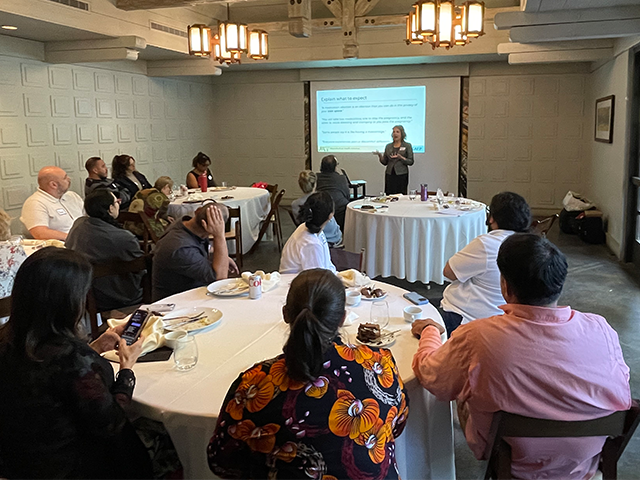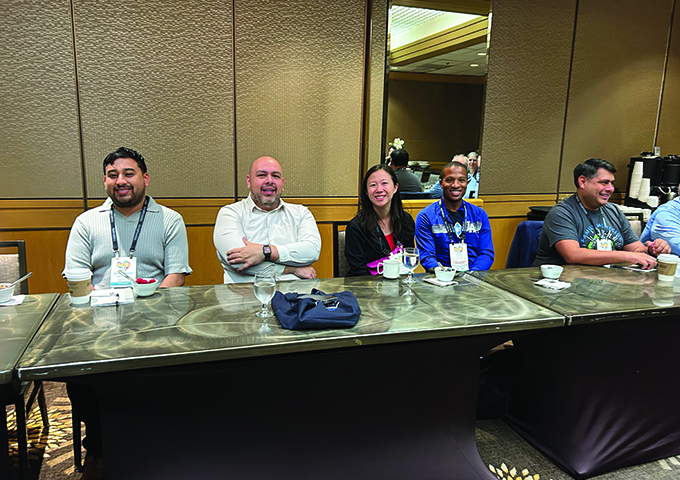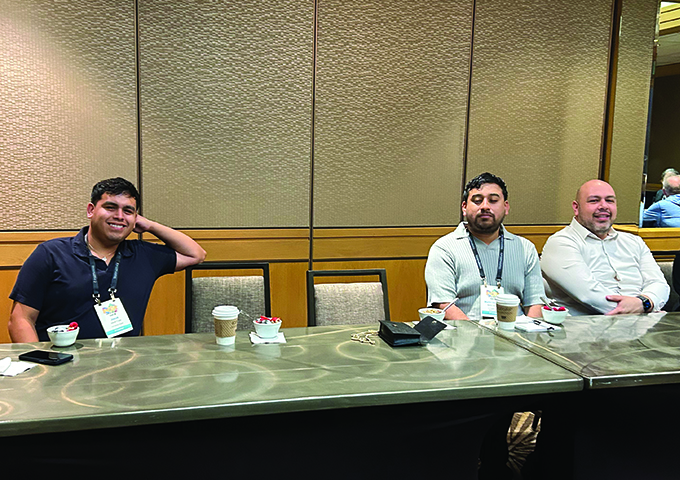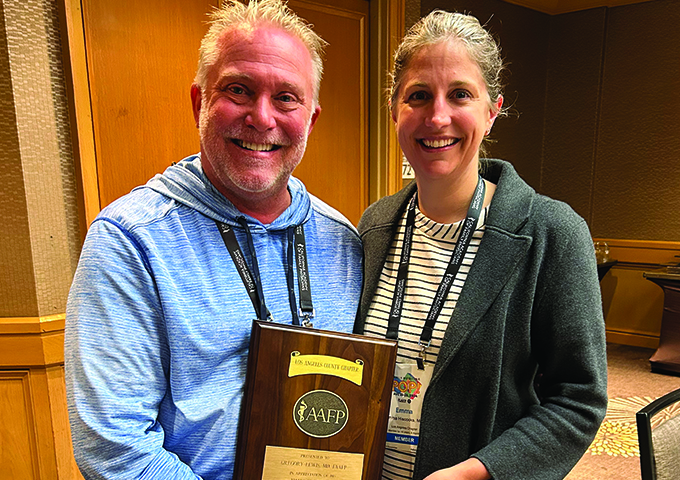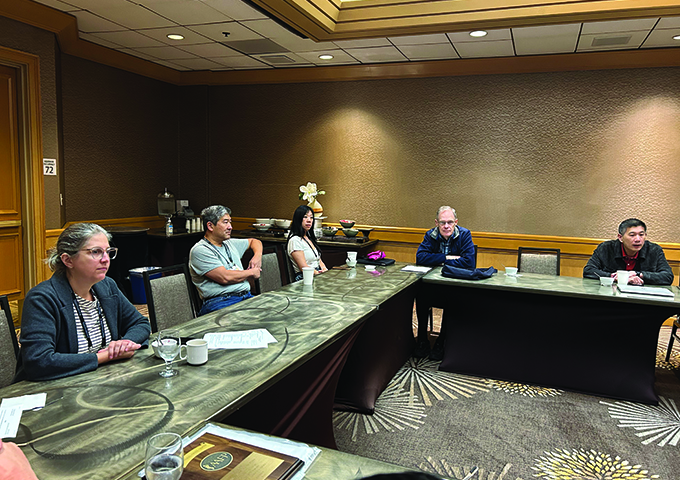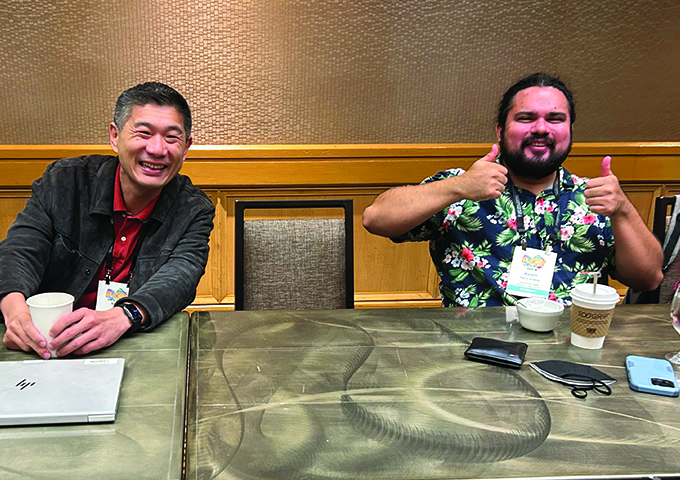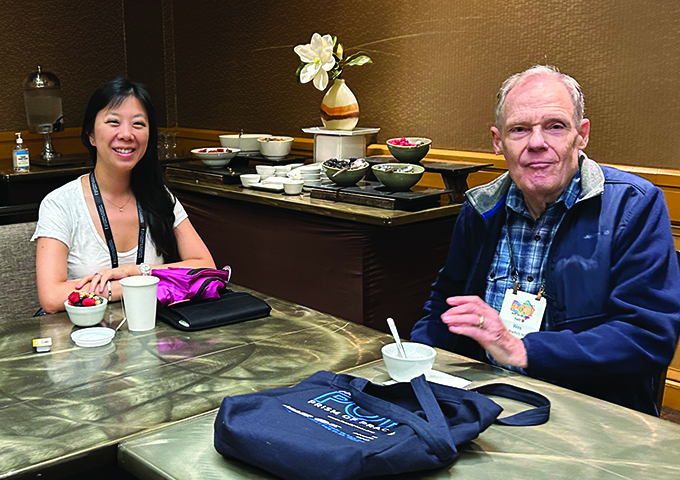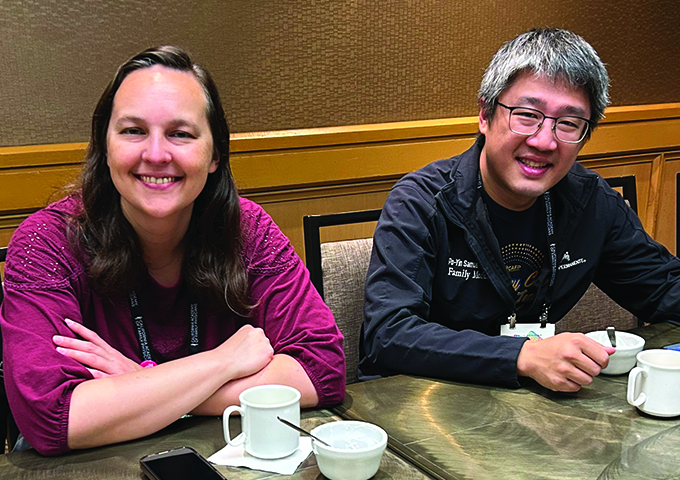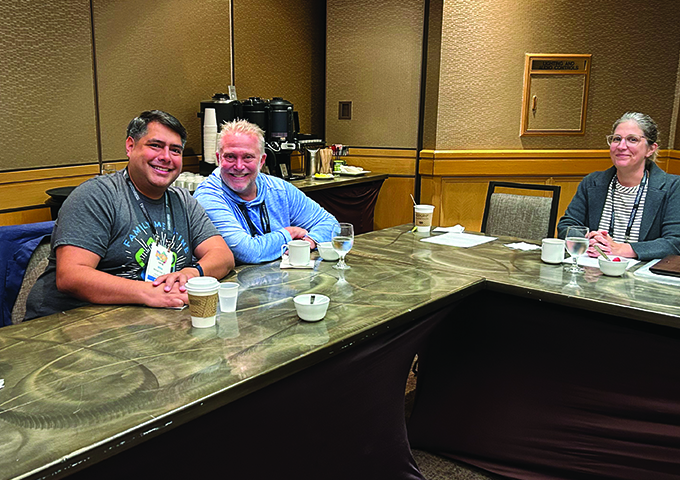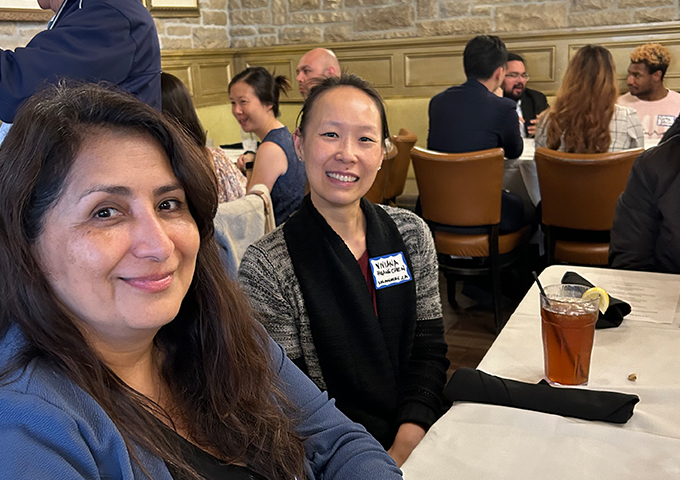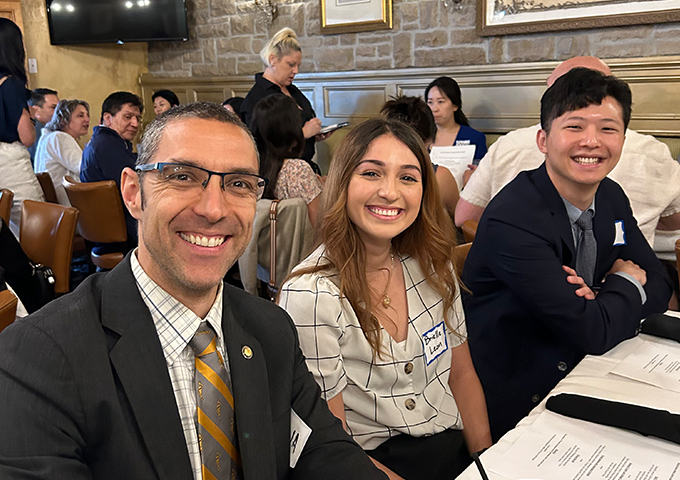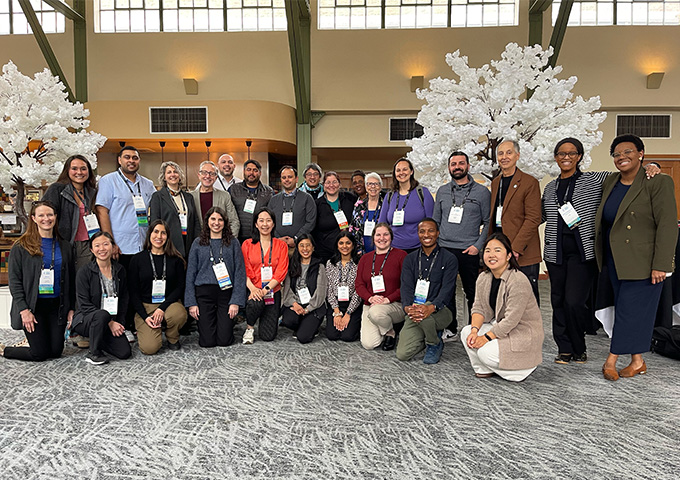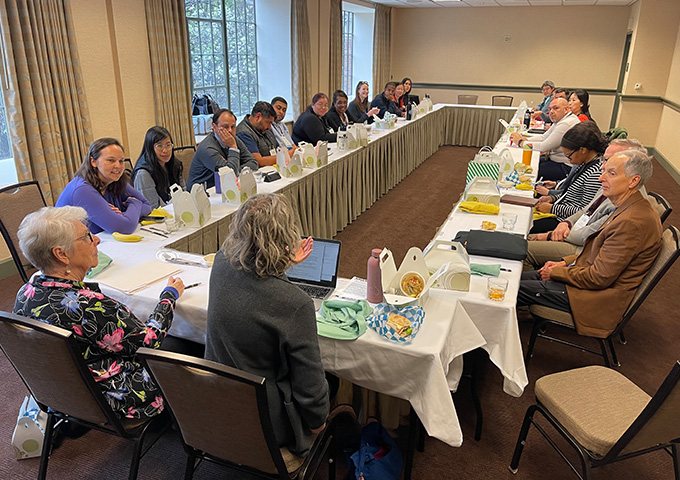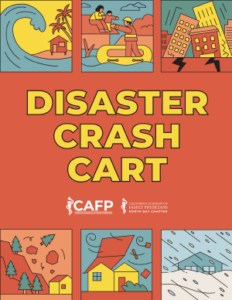 From Burnout to Balance: How Physician Coaching is Transforming Healthcare
From Burnout to Balance: How Physician Coaching is Transforming Healthcare
Four years ago, the world faced an unprecedented challenge with the onset of COVID-19. As physicians, we witnessed the pandemic’s full shock—patients lying on stretchers in ambulance parking lots, desperately hoping for an available ventilator. Many avoided hospitals until it was too late, fearing that a hospital visit would be equitable with a death sentence. We saw patients with unrelated conditions like gastrointestinal bleeding unable to receive necessary blood transfusions due to supply shortages. In these almost war-torn scenarios, we introduced fledgling residents into a chaotic medical landscape without adequate preparation. We, as attending physicians, weren’t prepared either, no one was.
Initially, I blamed COVID-19 for the rampant burnout among residents I witnessed in the immediate post-COVID era. However, even after the worst of the pandemic had passed, the burnout persisted for years. I had theories about its cause, but none seemed quite right in fully explaining the severity and widespread nature of its impact. It wasn’t just one residency program or even a collection of programs in a certain region—it was across the nation.
Years later, when I recognized my own PTSD from the pandemic—marked by lingering insomnia, psychosomatic pain, and anxiety—I understood why this was the case. It wasn’t until I started processing my own feelings and thoughts about the pandemic, the culture of medicine, and my place within it, that I understood the complexities involved in burnout in early career physicians. That was when I discovered the transformative power of coaching.
Medicine has evolved into a complex, multifaceted field encompassing not just patient care but also extensive documentation, long hours, customer service, and meeting various metrics. Physicians are now under increasing pressure on multiple fronts, leading to higher burnout rates than ever before. A 2023 Medscape report found that 53% of physicians reported burnout, an increase from 47% in 2021 (Medscape, 2023). This study also showed that burnout was the number one reason contributing to depression in physicians.
For early-career physicians, the challenges are even more pronounced. They are not only learning the complexities of clinical medicine but are also grappling with the pressures of newly managing administrative responsibilities and patient expectations. This phase of their careers is often accompanied by feelings of imposter syndrome, which can exacerbate stress and anxiety. The combination of these factors makes early-career physicians particularly vulnerable to burnout, as they work to establish their proficiency in a demanding environment.
Traditional approaches of addressing physician mental health, like institutional wellness committees and Employee Assistance Programs (EAPs), are no longer sufficient. Physicians can certainly use positive coping methods like exercise, talking with family and friends, meditating, and yoga. Institutions can also help by decreasing administrative burden, creating more manageable work schedules, having more support staff, and moderating patient loads. However, advocating and implementing these kinds of changes takes time. Meanwhile, physicians need more individualized support NOW, and that’s where physician coaching comes in.
Physician coaching is a transformative approach to professional growth aimed at addressing the specific needs and challenges that physicians face. Coaching has been utilized in various industries for decades, particularly in the high-stress worlds of corporate management, sports, and entertainment. This established framework has now begun to be applied in healthcare over the last decade, where it is being recognized as an effective method for reducing burnout and improving job satisfaction among physicians and residents (Dyrbye et al., 2019, Boet et al., 2023, Serrano et al., 2019).
While not all physician coaches are physicians themselves, having a coach who intimately understands the challenges of being a doctor can be tremendously beneficial. Using a nonjudgmental approach, coaching provides a safe space to help doctors navigate daily complexities, manage stress, and achieve a better work-life balance. It involves mindset work and reframing to help physicians develop new perspectives. Coaching also aids in problem-solving techniques, self-reflection, accountability, and empowers physicians to set and reach personal and professional goals.
Coaching can be especially beneficial for residents and early-career physicians due to the unique difficulties they face. During this critical phase, they are learning the intricacies of medical practice while navigating high-stress environments. Addressing feelings of perfectionism, isolation, moral injury, shame, guilt, and other stressors early in their careers can help build resiliency in the long run.
Coaching also plays a pivotal role in improving patient care and healthcare outcomes within communities. Cannon-Bowers et al.’s (2023) meta-analysis on workplace coaching highlights its effectiveness in enhancing employee performance and skills development. When applied to the medical field, coaching helps physicians remain more engaged, attentive, and empathetic in their interactions with patients, leading to improved patient satisfaction and trust. Additionally, coaching supports physicians in developing better communication skills, effective time management, and problem-solving abilities, which can contribute to more accurate diagnoses and improved patient care. Institutions that invest in coaching programs often experience reduced turnover rates, fostering a more stable and satisfied healthcare workforce. This ensures better continuity of care, ultimately elevating the overall quality of healthcare provided.
So why isn’t coaching more popular? The biggest hurdle to physician coaching is often overcoming the stigma and resistance associated with seeking help. Many physicians view asking for support as a sign of weakness or failure, fearing it might reflect poorly on their competence and professionalism. This mindset is compounded by the culture of medicine, which traditionally values self-reliance and resilience. Other barriers include time constraints and financial concerns. Although there are many free resources on physician and resident coaching, personalized or group coaching may still be a significant financial burden to the individual doctor. Many physicians are also unaware of the benefits of coaching or that such resources are available. Furthermore, limited support from healthcare organizations and the difficulty of finding a coach who understands the challenges of the medical profession contribute to why more doctors are not utilizing this valuable resource. Overcoming these hurdles requires a cultural shift within the medical community, greater institutional support, and increased awareness of the substantial benefits that coaching offers.
Recognizing the critical role that coaching can play in addressing burnout and enhancing physician well-being is the first step toward this cultural shift. By prioritizing the psychological health and professional growth of doctors, we can create a more resilient and effective healthcare system. Leading institutions have already utilized physician coaching to tackle burnout and other mental health challenges. Embracing physician coaching not only supports individual doctors in navigating their careers more successfully but also ensures a higher level of patient care. As healthcare continues to undergo transformation, integrating coaching as a standard practice becomes not just advantageous but imperative for supporting the sustainability of medicine for residents and physicians.
Coaching has already helped hundreds of doctors find balance and rediscover their love for medicine. Personally, coaching has been transformative for me, significantly improving my own health and happiness. While I still have occasional nights of insomnia, I now sleep much better. My anxiety has markedly decreased, and I’ve prioritized regular exercise and my overall well-being. Most importantly, I’ve been able to maintain a fulfilling work-life balance, spending quality time with my family. While I admit that coaching will not fix everything, it could help you rediscover your own inner passions again. Why not give it a try? What have you got to lose?
References:
Boet S, Etherington C, Dion PM, Desjardins C, Kaur M, Ly V, Denis-LeBlanc M, Andreas C, Sriharan A. Impact of coaching on physician wellness: A systematic review. PLoS One. 2023 Feb 7;18(2):e0281406. doi: 10.1371/journal.pone.0281406. PMID: 36749760; PMCID: PMC9904500.
Cannon-Bowers JA, Bowers CA, Carlson CE, Doherty SL, Evans J, Hall J. Workplace coaching: a meta-analysis and recommendations for advancing the science of coaching. Front Psychol. 2023 Oct 10;14:1204166. doi: 10.3389/fpsyg.2023.1204166. PMID: 37881215; PMCID: PMC10597717.
Dyrbye, L. N., Shanafelt, T. D., Gill, P. R., Satele, D. V., & West, C. P. (2019). Effect of a Professional Coaching Intervention on the Well-being and Distress of Physicians: A Pilot Randomized Clinical Trial. JAMA Internal Medicine, 179(10), 1406–1414. https://doi.org/10.1001/jamainternmed.2019.2425
Medscape. ‘I Cry but No One Cares’: Physician Burnout and Depression Report 2023. Jan 2023. Retrieved from https://www.medscape.com/slideshow/2023-lifestyle-burnout-6016058#14
Serrano, C., de las Heras, R. A., Garcia-Campayo, J., Pujol-Ribera, E., & Solanes-Puchol, A. (2019). Online Well-Being Group Coaching Program for Women Physician Trainees: A Randomized Clinical Trial. JAMA Network Open, 2(9), e1911192. https://doi.org/10.1001/jamanetworkopen.2019.11192

